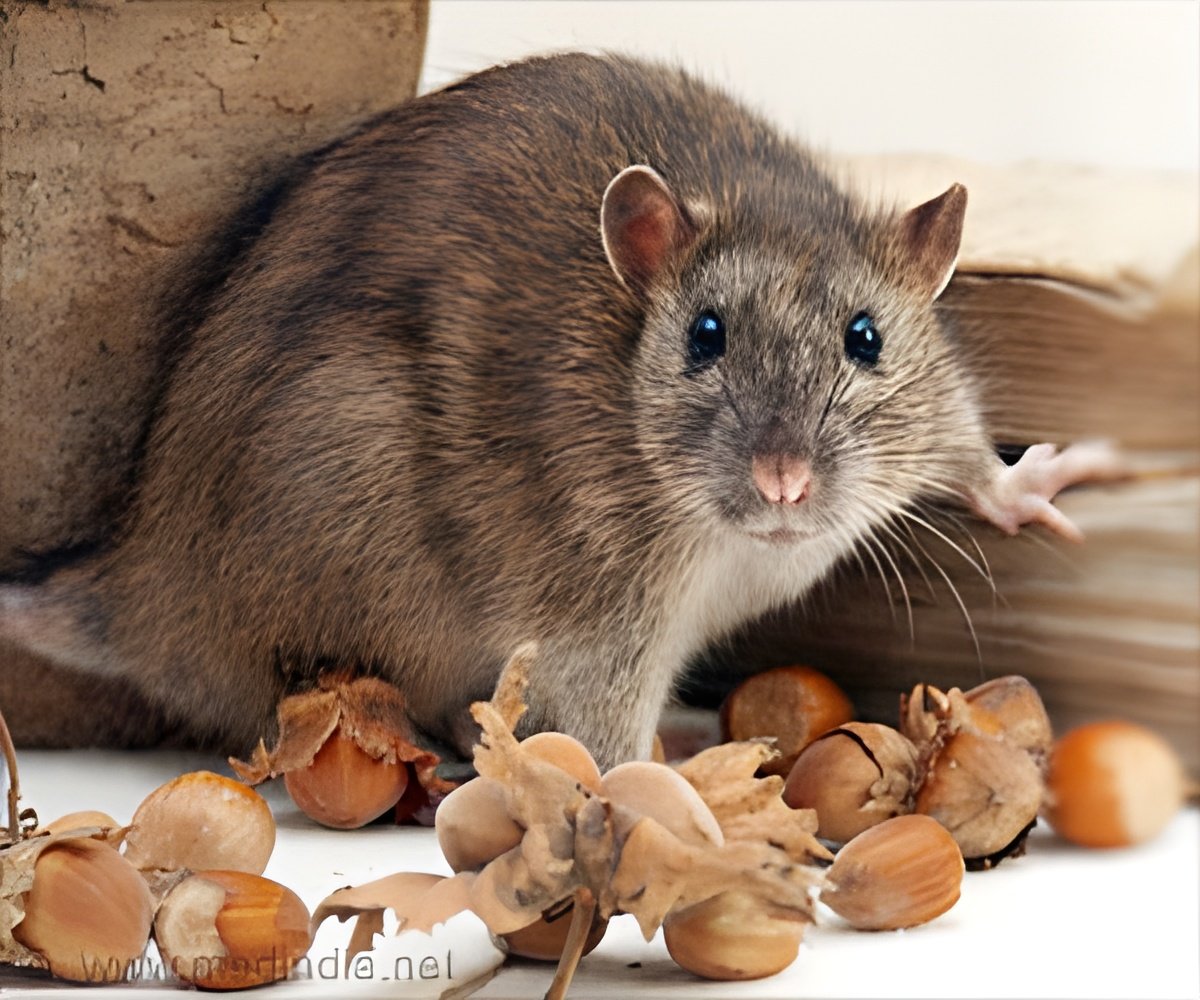Most of the rats trapped in and around locations surrounding wastewater systems within New York city have been exposed to COVID-19 variants.

‘The risk of the COVID-19 virus variants circulating in rat populations in New York City could pose a new threat to humans.’





Rats are widely distributed in urban communities in the United States. For example, New York City alone has approximately eight million wild rats. These wild rats have ample opportunities to interact with humans.Two previous studies suggested that rats in Asia (Hong Kong) and Europe (Belgium) were exposed to COVID-19 infection. However, it is unknown which COVID-19 variant these rats were exposed to in both studies.
In the new study, researchers set out to determine whether the SARS-CoV-2 virus in humans has been transmitted to the rat population in urban areas of the United States, specifically New York City, and if so, which COVID-19 variant caused those infections. The researchers also set out to determine whether (and which) COVID-19 variants in NYC can cause infections in rats.
In the Fall of 2021, the U.S. Department of Agriculture (USDA) Animal and Plant Health Inspection Service (APHIS) sampled Norway rats (Rattus norvegicus) in New York City to look for evidence of SARS-CoV-2 infection.
Study Shows New York City Rats Carry COVID-19 Infection
Two trapping efforts were conducted during September and November with permission from the NYC Department of Parks and Recreation in and around locations surrounding wastewater systems. Most of the rats were trapped in city parks within Brooklyn, although some were captured near buildings outside of park boundaries.Biologists collected and processed samples from 79 rats for virological studies and genomic sequencing. They found that the rats were exposed to the COVID-19 virus and showed a possible link to the viruses that were circulating in humans during the early stages of the COVID-19 pandemic. Specifically, 13 of 79 rats (16.5%) tested positive.
Advertisement
These findings highlight the need for further monitoring of SARS-CoV-2 in rat populations to determine if the virus is circulating in the animals and evolving into new strains that could pose a risk to humans.
Overall, the work in this space shows that animals can play a role in pandemics that impact humans, and we must continue to increase our understanding so we can protect both human and animal health.
Source-Eurekalert















